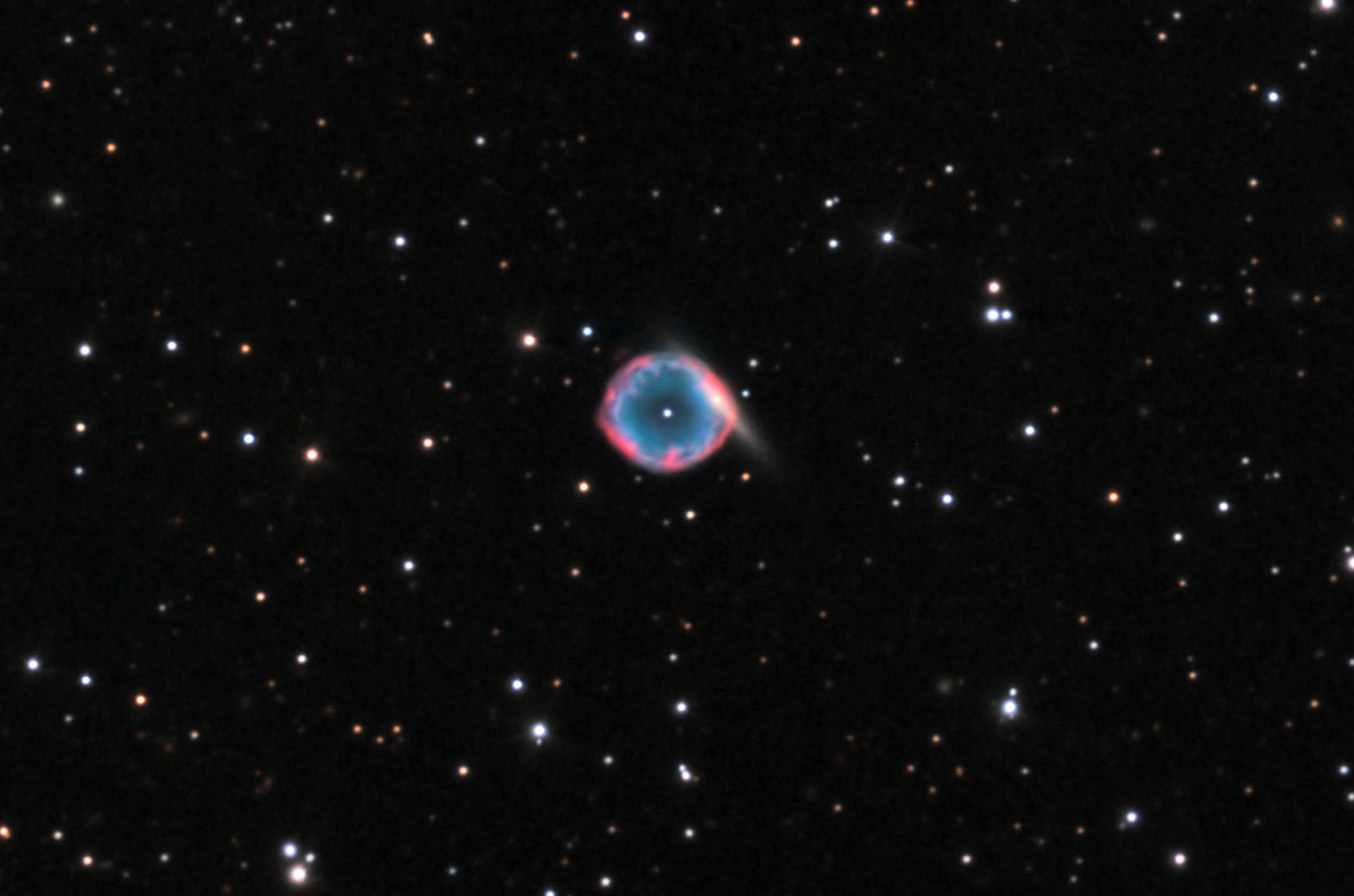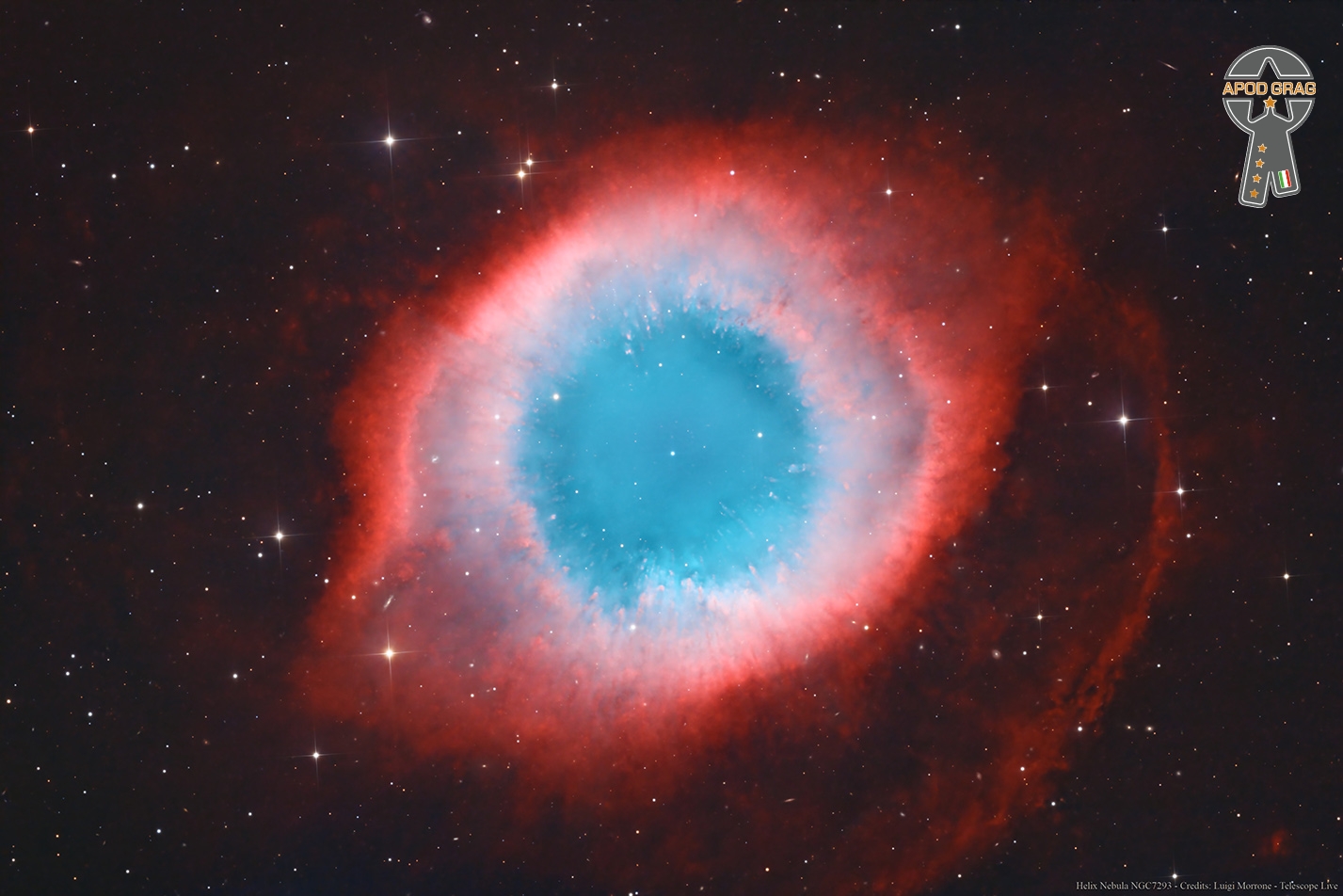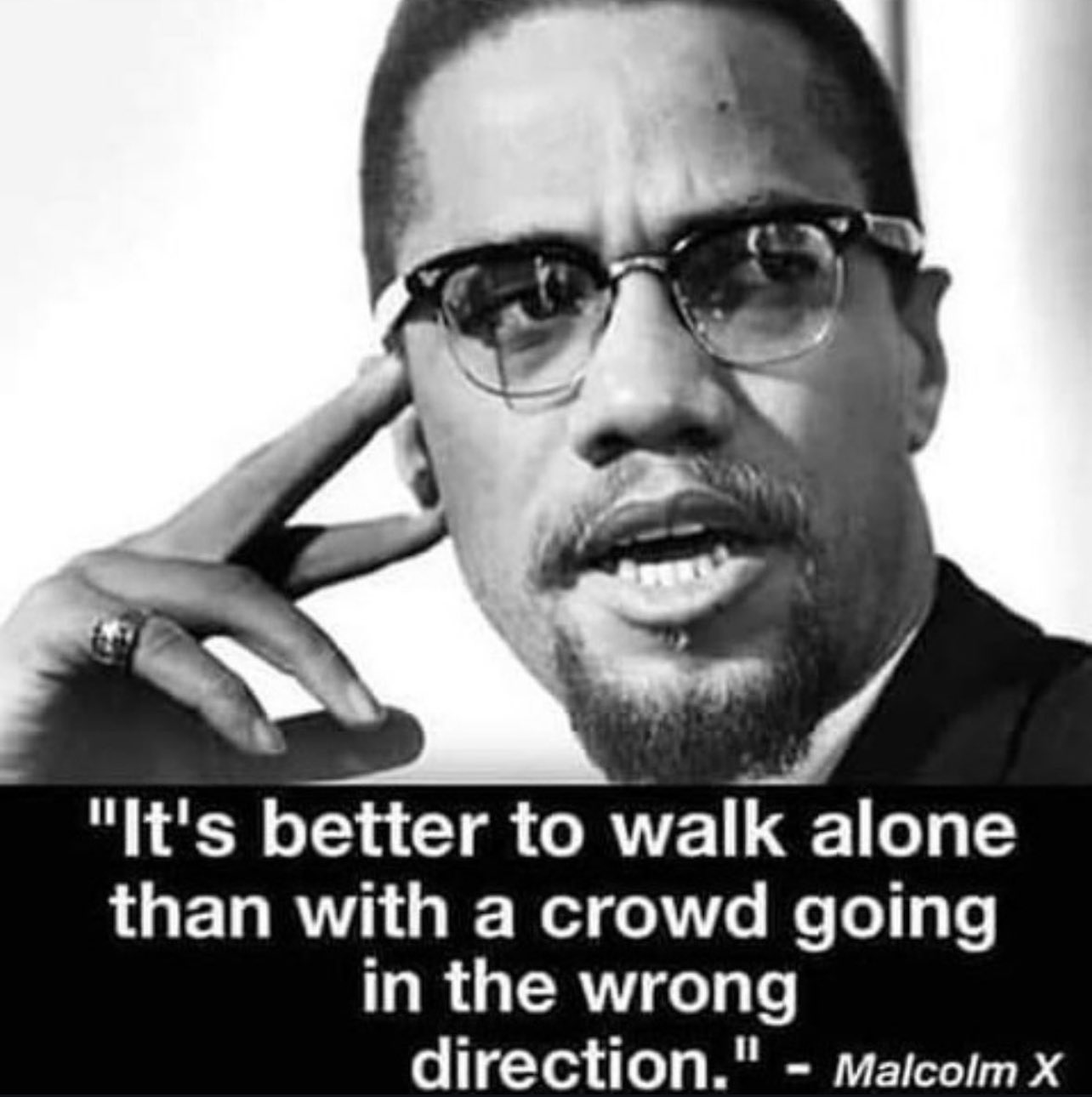Blog
Madurai Shanmukhavadivu Subbulakshmi (16 September 1916 – 11 December 2004) was an Indian Carnatic singer. She was the first musician ever to be awarded the Bharat Ratna – India’s highest civilian honour, the first Indian musician to receive the Ramon Magsaysay award in 1974 and the first Indian to perform at the United Nations General Assembly in 1966.
more...Giuseppe “Joe” Venuti (September 16, 1903 – August 14, 1978) was an American jazz musician and pioneer jazz violinist.
Considered the father of jazz violin, he pioneered the use of string instruments in jazz along with the guitarist Eddie Lang, a friend since childhood. Through the 1920s and early 1930s, Venuti and Lang made many recordings as leader and as featured soloists. He and Lang became so well known for their ‘hot’ violin and guitar solos that on many commercial dance recordings they were hired to do 12- or 24-bar duos towards the end of otherwise stock dance arrangements. In 1926, Venuti and Lang started recording for the OKeh label as a duet (after a solitary duet issued on Columbia), followed by “Blue Four” combinations, which are considered milestone jazz recordings. Venuti also recorded commercial dance records for OKeh under the name “New Yorkers”.
He worked with Benny Goodman, Adrian Rollini, the Dorsey Brothers, Bing Crosby, Bix Beiderbecke, Jack Teagarden, Frank Signorelli, the Boswell Sisters, and most of the other important white jazz and semi-jazz figures of the late 1920s and early 1930s. However, following Lang’s death in 1933, Venuti’s career began to wane, though he continued performing through the 1930s, recording a series of commercial dance records (usually containing a Venuti violin solo) for the dime store labels, as well as OKeh and Columbia, plus the occasional jazz small group sessions. He was also a strong early influence on western swing players like Cecil Brower. Many of the 1920s OKeh sides continued to sell and remained in print through 1935 when ARCdiscontinued the OKeh label and reissued selected sides on the 35-cent Vocalion label (the OKeh label was revived by CBS in 1940).
After a period of relative obscurity in the 1940s and 1950s, Venuti played violin and other instruments with Jack Statham at the Desert Inn Hotel in Las Vegas. Statham headed several musical groups that played at the Desert Inn from late 1961 until 1965, including a Dixieland combo. Venuti was with him during that time, and was active with the Las Vegas Symphony Orchestra during the 1960s. He was ‘rediscovered’ in the late 1960s. In the 1970s, he established a musical relationship with tenor saxophonist Zoot Sims resulting in three recordings. In 1976, he recorded an album of duets with pianist Earl Hines entitled Hot Sonatas. He also recorded an entire album with country-jazz musicians including mandolinist Jethro Burns (of Homer & Jethro), pedal steel guitarist Curly Chalker and former Bob Wills sideman and guitarist Eldon Shamblin. Venuti died in Seattle, Washington.
more...Hildegard of Bingen (c. 1098 – 17 September 1179), also known as Saint Hildegard and the Sibyl of the Rhine, was a German Benedictine abbess and polymath active as a writer, composer, philosopher, mystic, visionary, and as a medical writer and practitioner during the High Middle Ages. She is one of the best-known composers of sacred monophony, as well as the most recorded in modern history.She has been considered by a number of scholars to be the founder of scientific natural history in Germany.
Hildegard’s convent at Disibodenberg elected her as magistra (mother superior) in 1136. She founded the monasteries of Rupertsberg in 1150 and Eibingen in 1165. Hildegard wrote theological, botanical, and medicinal works, as well as letters, hymns, and antiphons for the liturgy. She wrote poems, and supervised miniature illuminations in the Rupertsberg manuscript of her first work, Scivias. There are more surviving chants by Hildegard than by any other composer from the entire Middle Ages, and she is one of the few known composers to have written both the music and the words. One of her works, the Ordo Virtutum, is an early example of liturgical drama and arguably the oldest surviving morality play. She is noted for the invention of a constructed languageknown as Lingua Ignota.
Although the history of her formal canonization is complicated, regional calendars of the Roman Catholic Church have listed her as a saint for centuries. On 10 May 2012, Pope Benedict XVI extended the liturgical cult of Hildegard to the entire Catholic Church in a process known as “equivalent canonization“. On 7 October 2012, he named her a Doctor of the Church, in recognition of “her holiness of life and the originality of her teaching.
more...Charlie Lee Byrd (September 16, 1925 – December 2, 1999) was an American jazz guitarist. Byrd was best known for his association with Brazilian music, especially bossa nova. In 1962, he collaborated with Stan Getz on the album Jazz Samba, a recording which brought bossa nova into the mainstream of North American music. Byrd played fingerstyle on a classical guitar.
Charlie Byrd was born in 1925 in Suffolk, Virginia, and grew up in the borough of Chuckatuck. His father, a mandolinist and guitarist, taught him how to play the acoustic steel guitar at age 10. Byrd had three brothers, Oscar, Jack, and Gene “Joe” Byrd, who was a bass player. In 1942, Byrd entered the Virginia Polytechnic Institute and played in the school orchestra. In 1943, he was drafted into the United States Army, saw combat in World War II, and was stationed in Paris in 1945. There he played in an Army Special Services band and toured occupied Europe in the all-soldier production G.I. Carmen.
After the war, Byrd returned to the United States and studied composition and jazz theory at the Harnett National Music School in Manhattan, New York City. During this time, he began playing a classical guitar. After moving to Washington, D.C., in 1950, he studied classical guitar with Sophocles Papas for several years. In 1954, he became a pupil of the Spanish classical guitarist Andrés Segovia and spent time studying with him in Italy.
more...Riley B. King (September 16, 1925 – May 14, 2015), known professionally as B. B. King, was an American blues guitarist, singer, songwriter, and record producer. He introduced a sophisticated style of soloing based on fluid string bending, shimmering vibrato, and staccato picking that influenced many later blues electric guitar players.AllMusic recognized King as “the single most important electric guitarist of the last half of the 20th century”.
King was inducted into the Rock and Roll Hall of Fame in 1987 and is one of the most influential blues musicians of all time, earning the nickname “The King of the Blues”, and is considered one of the “Three Kings of the Blues Guitar” (along with Albert Kingand Freddie King, none of whom are related). King performed tirelessly throughout his musical career, appearing on average at more than 200 concerts per year into his 70s. In 1956 alone, he appeared at 342 shows.
King was born on a cotton plantation of Berclair, near the city of Itta Bena, Mississippi, and later worked at a cotton gin in Indianola, Mississippi. He was attracted to music and taught himself to play guitar and began his career in juke joints and local radio. He later lived in Memphis and Chicago; then, as his fame grew, he toured the world extensively.
more...Abell 70 is a slightly elongated planetary nebula located 13,500-17,500 light years away in the constellation of Aquila. It is approaching the earth at 79 kilometers per second and expanding 38 kilometers per second. There is a galaxy named PMN J2033-0656 behind Abell 70, giving it a “diamond ring” effect.

Signe Toly Anderson ( born Signe Toly; September 15, 1941 – January 28, 2016) was an American singer who was one of the founding members of the American rock band Jefferson Airplane.
Signe Toly was born in Seattle, Washington on September 15, 1941. Her parents divorced when she was three, and her mother raised her in Portland, Oregon. Toly sang in a band with three male musicians she had known in high school, under the name Three Guys and a Gal. The group performed at a campaign event for John F. Kennedy in November 1959.
Toly was a locally-known and well-respected jazz and folk singer in San Francisco, where Marty Balin heard her perform and invited her to join his band, soon named Jefferson Airplane.
more...Arvell Shaw (September 15, 1923 – December 5, 2002) was an American jazzdouble-bassist, best known for his work with Louis Armstrong.
He was born on September 15, 1923, in St. Louis, Missouri. Shaw learned to play tuba in high school, but switched to bass soon after. In 1942 he worked with Fate Marable on riverboats traveling on the Mississippi River, then served in the Navy from 1942 to 1945. After his discharge he played with Armstrong in his last big band, from 1945 to 1947. Shaw and Sid Catlett then joined the Louis Armstrong All-Stars until 1950, when Shaw broke off to study music. He returned to play with Armstrong from 1952 to 1956, and performed in the 1956 musical, High Society.
Shaw performed with Louis Armstrong and his All Stars with Velma Middleton singing vocals for the ninth Cavalcade of Jazz concert held at Wrigley Field in Los Angeles. The concert was produced by Leon Hefflin, Sr. on June 7, 1953. Also featured that day were Roy Brown and his Orchestra, Don Tostiand His Mexican Jazzmen, Earl Bostic, Nat “King” Cole, and Shorty Rogers and his Orchestra.
Following this he worked at CBS with Russ Case, did time in Teddy Wilson‘s trio, and played with Benny Goodman at the 1958 Brussels World’s Fair. After a few years in Europe, he played again with Goodman on a tour of Central America in 1962. From 1962–64 Shaw played again with Armstrong, and occasionally accompanied him through the end of the 1960s. After the 1960s, Shaw mostly freelanced in New York, and kept playing until his death. He recorded only once as a leader, a live concert from 1991 of his Satchmo Legacy Band. Shaw died in Roosevelt, New York, on December 5, 2002, at the age of 79.
more...Julian Edwin “Cannonball” Adderley (September 15, 1928 – August 8, 1975 Tampa, FL) was an American jazzalto saxophonist of the hard bop era of the 1950s and 1960s.
Adderley is perhaps best remembered for the 1966 soul jazz single “Mercy, Mercy, Mercy“, which was written for him by his keyboardist Joe Zawinul and became a major crossover hit on the pop and R&B charts. A cover version by the Buckinghams, who added lyrics, also reached No. 5 on the charts. Adderley worked with Miles Davis, first as a member of the Davis sextet, appearing on the seminal records Milestones (1958) and Kind of Blue (1959), and then on his own 1958 album Somethin’ Else. He was the elder brother of jazz trumpeter Nat Adderley, who was a longtime member of his band. In July 1975, Adderley suffered a stroke from a cerebral hemorrhage and died four weeks later, on August 8, 1975, at St. Mary Methodist Hospital in Gary, Indiana. He was 46 years old.
more...The Helix Nebula (also known as NGC 7293 or Caldwell 63) is a planetary nebula(PN) located in the constellation Aquarius. Discovered by Karl Ludwig Harding, most likely before 1824, this object is one of the closest of all the bright planetary nebulae to Earth. The distance, measured by the Gaia mission, is 655±13 light-years. It is similar in appearance to the Cat’s Eye Nebula and the Ring Nebula, whose size, age, and physical characteristics are similar to the Dumbbell Nebula, varying only in its relative proximity and the appearance from the equatorial viewing angle. The Helix Nebula has sometimes been referred to as the “Eye of God” in pop culture, as well as the “Eye of Sauron“.

Joseph Jarman (September 14, 1937 – January 9, 2019 Pine Bluff, AK) was an American jazzmusician, composer, poet, and Shinshu Buddhist priest. He was one of the first members of the Association for the Advancement of Creative Musicians and a member of the Art Ensemble of Chicago. After he was discharged from the Army in 1958, Jarman attended Wilson Junior College, where he met bassist Malachi Favors Maghostut and saxophonists Roscoe Mitchell, Henry Threadgill, and Anthony Braxton. These men would often perform long jam sessions at the suggestion of their professor, Richard Wang (now with Illinois University). Mitchell introduced Jarman to pianist Muhal Richard Abrams, and Jarman, Mitchell, and Maghostut joined Abrams’ Experimental Band, a private, non-performing ensemble, when that group was founded in 1961. The same group of musicians continued to play together in a variety of configurations, and went on to found the Association for the Advancement of Creative Musicians (AACM) in 1965, along with Fred Anderson and Phil Cohran.
Jarman’s solo recording career began at this time, with two releases on the Delmark label which included material, such as spoken word and “little instruments”, that would later characterize the sound of the Art Ensemble. The band he fronted and used during these recordings between 1966 and 1968, included Fred Anderson (tenor sax), Billy Brimfield (trumpet), Charles Clark (bass), Christopher Gaddy (piano) and Thurman Barker (drums). However, in 1969, Clark and Gaddy both died and Jarman disbanded his group.
more...
Israel López Valdés (September 14, 1918 – March 22, 2008), better known as Cachao, was a Cuban double bassist and composer. Cachao is widely known as the co-creator of the mambo and a master of the descarga (improvised jam sessions). Throughout his career he also performed and recorded in a variety of music styles ranging from classical music to salsa. An exile in the United States since the 1960s, he only achieved international fame following a career revival in the 1990s.
Born into a family of musicians in Havana, Cachao and his older brother Orestes were the driving force behind one of Cuba’s most prolific charangas, Arcaño y sus Maravillas. As members of the Maravillas, Cachao and Orestes pioneered a new form of ballroom music derived from the danzón, the danzón-mambo, which subsequently developed into an international genre, mambo. In the 1950s, Cachao became famous for popularizing improvised jam sessions known as descargas. He emigrated to Spain in 1962, and moved to the United States in 1963, starting a career as a session and live musician for a variety of bands in New York during the rise of boogaloo, and later, salsa.
In the 1970s, Cachao fell into obscurity after moving to Las Vegas and later Miami, releasing albums sporadically as a leader. In the 1990s, he was re-discovered by actor Andy García, who brought him back to the forefront of the Latin music scene with the release of a documentary and several albums. Before his death in 2008, Cachao had earned a star on the Hollywood Walk of Fame and several Grammy Awards. He is ranked number 24 on Bass Player magazine’s list of “The 100 Greatest Bass Players of All Time”.
more...Oliver Lake (born September 14, 1942) is an American jazz saxophonist, flutist, composer, poet, and visual artist. He is known mainly for alto saxophone, but he also performs on soprano and flute. During the 1960s, Lake worked with the Black Artists Group in St. Louis. In 1977, he founded the World Saxophone Quartet with David Murray, Julius Hemphill, and Hamiet Bluiett. Lake worked in the group Trio 3 with Reggie Workmanand Andrew Cyrille. Lake has appeared on more than 80 albums as a bandleader, co-leader, and side musician. He is the father of drummer Gene Lake. Lake has been a resident of Montclair, New Jersey.
more...More Posts
- Smokey Robinson
- Louis “Kid Shots” Madison
- World Drumming Akwaaba Drummers
- Daily Roots U Brown
- Echos of Freedom Eldridge Cleaver
- Cosmos Hoag’s Object H1
- Randy Crawford
- Irma Thomas
- World Music Fanfare Ciocarlia
- Daily Roots Dr Alimantado
- Echos of Freedom by Alice Walker
- Miles Davis
- Cosmos Comet 12P/Pons-Brooks
- Fred Frith
- Buddy DeFranco
- World Fusion Subhen Chatterjee
- Daily Roots Yabby You
- Aston Family Man Barrett Memorial
- Donald Kinsey Memorial
- Temple Israel Erev Shabbat 2-16-24
